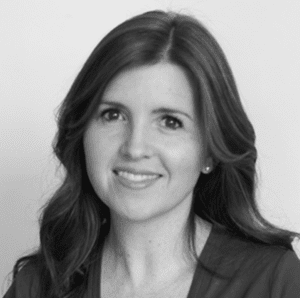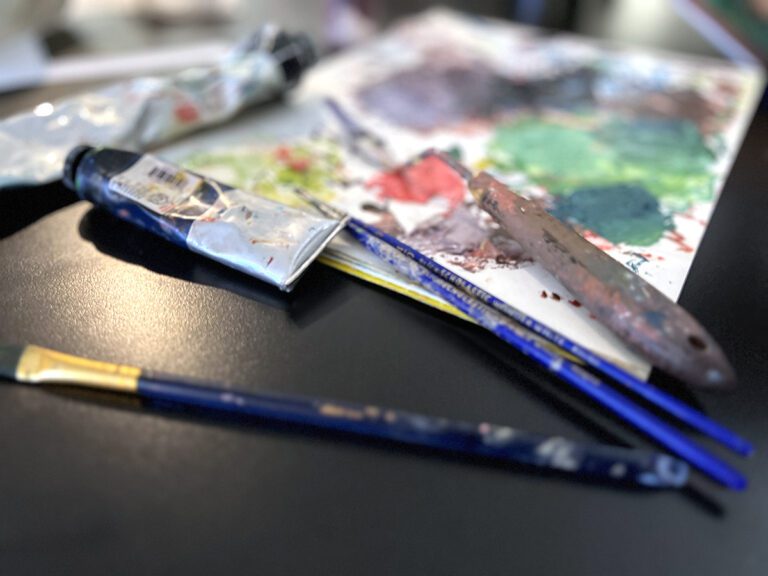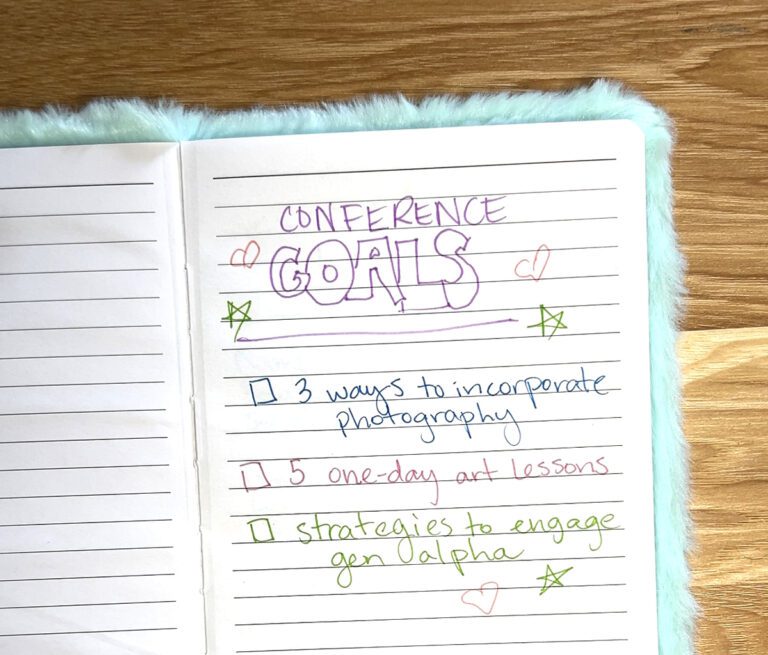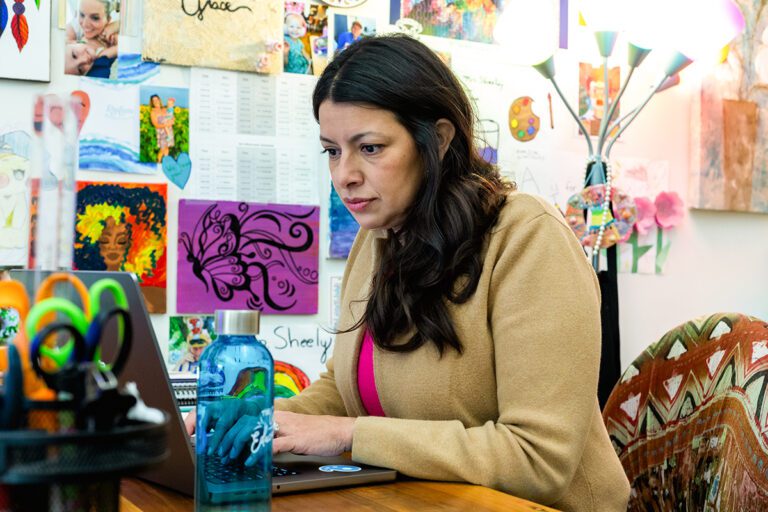I have had two teaching observations that have taken a turn for the worst and lived to tell the tale. Here is what happened to me and what I learned from each of these experiences.
The Issue: Out of Control Student!
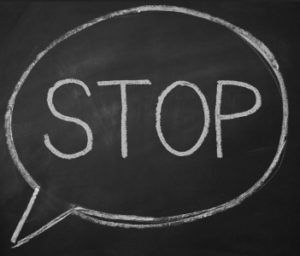 The first time, I was teaching a symmetry lesson to a group of eager 2nd graders. I purposely chose my most well-mannered 2nd grade class for this observation and was sure give the classroom teacher a “heads up” that the principal would be in my classroom during their art period. What I failed to do, was to provide the Special Education teacher and associate with the same information. As it turned out, one student with Autism, who came with an associate teacher, was having a terribly bad, no-good, day prior to coming to art. His mother had forgotten to pack his medication and he was behaving accordingly. This sweet-natured, loving little boy was completely not himself. He arrived late and had to be convinced to come into the room. He shouted during directions and then ran around jumping on the radiator at the rear of the room. His associate chased dutifully behind him and eventually escorted him out of the room.
The first time, I was teaching a symmetry lesson to a group of eager 2nd graders. I purposely chose my most well-mannered 2nd grade class for this observation and was sure give the classroom teacher a “heads up” that the principal would be in my classroom during their art period. What I failed to do, was to provide the Special Education teacher and associate with the same information. As it turned out, one student with Autism, who came with an associate teacher, was having a terribly bad, no-good, day prior to coming to art. His mother had forgotten to pack his medication and he was behaving accordingly. This sweet-natured, loving little boy was completely not himself. He arrived late and had to be convinced to come into the room. He shouted during directions and then ran around jumping on the radiator at the rear of the room. His associate chased dutifully behind him and eventually escorted him out of the room.
How I handled it: I stopped the students from working, so we could have a little discussion. I thanked them for how they handled themselves while the other student was misbehaving. We took time to talk about his needs and how, at that particular moment, he needed good role models. Then, I resumed my lesson. In my post-conference wrap up, I brought up the incident. Might as well talk about the elephant in the room, right? To my surprise, my principal actually complimented me on how I handled myself and the rest of the class. She didn’t dwell on the incident, to her, it was just a small part of the overall experience in my classroom. Whew!
What I learned: I kick myself for not giving the Special Education teacher and her associate the same courtesy as I did the classroom teacher. This was an error on my part. This particular student may not have even come to art class if they knew about my observation, paired with his lack of medication. I apologized to both women later that day and made sure not to make that mistake again. I also learned that sometimes it is okay to “go with the moment” even if the topic is not art-related. It was a perfect time to talk with the rest of the class and thank them for their model behavior. This experience was an unsettling to them as it was to me. It was nice to talk about it, let them ask questions, and then move on.
The Issue: Lacking Skills

The second incident happened during a 5th grade art observation. To be fair, my principal was supposed to observe me during my second 5th grade class, but she decided to pop in during my first class. I was introducing the grid method and students were supposed to measure and create a 3 inch x 3 inch grid. I modeled the technique using a document camera and set the students to work, but as I walked around to observe their work one thing was particularly clear: most students did not really understand how to use a ruler correctly! They were holding it with their fingers sticking out while trying to draw straight lines and making HUGE dots for each measurement, which skewed the grid.
How I handled it: I stopped the lesson. I reviewed basic ruler use, how to hold a ruler, and demonstrated how to make a small mark while measuring. I also passed out really good erasers and told the students to try again! In my post conference interview I admitted that I should have reviewed ruler use at the beginning of the lesson, and my principal agreed.
What I learned: I wish that I would have had students practice using a ruler at the beginning of the lesson. I should have never assumed that they knew and remembered how to use a ruler. Measuring a line in math class is very different than using a ruler to measure and construct a grid. It is the application of a skill that promotes a higher level of understanding. I did not set them up to succeed.
Have you experienced a teaching observation gone wrong?
Please feel free to share! What did you learn from this experience?
Magazine articles and podcasts are opinions of professional education contributors and do not necessarily represent the position of the Art of Education University (AOEU) or its academic offerings. Contributors use terms in the way they are most often talked about in the scope of their educational experiences.
